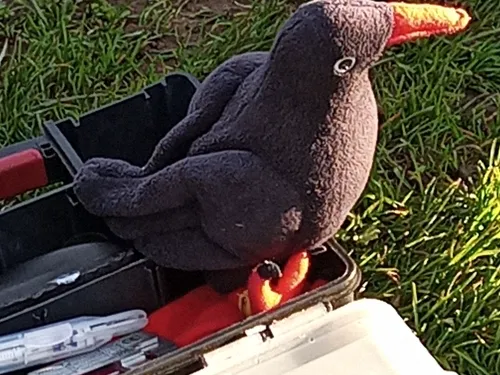
Temple Ewell’s Chough Champions
Temple Ewell is a proud to be the pilot school for Chough Champions, a recent addition to the Wilder Kent Awards. Learn more about the initiative here.
Learn more about the wildlife and wild places in Kent and beyond.

Temple Ewell is a proud to be the pilot school for Chough Champions, a recent addition to the Wilder Kent Awards. Learn more about the initiative here.
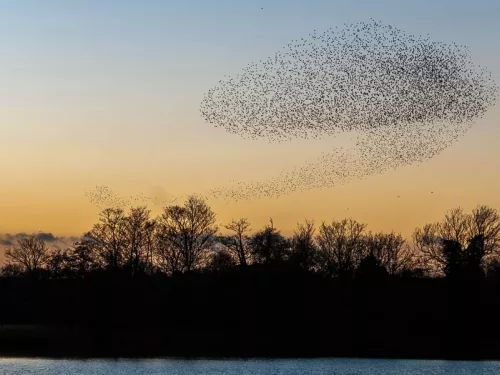
The Planning and Infrastructure Bill is almost law – and without key protections that the House of Lords has just voted to add to the Bill it could be disastrous for wildlife and wild places. We now need MPs to back these changes.
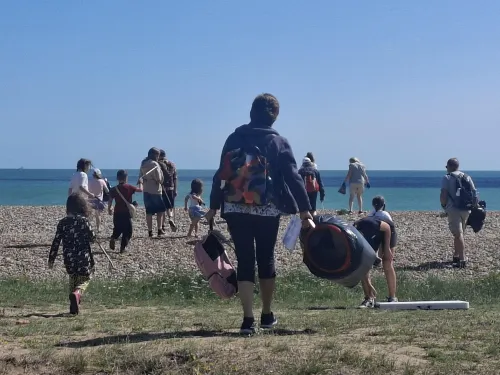
Protected Area Warden Nina Jones reflects on this year's National Marine Week: a lively celebration of Kent’s marine and coastal environment.
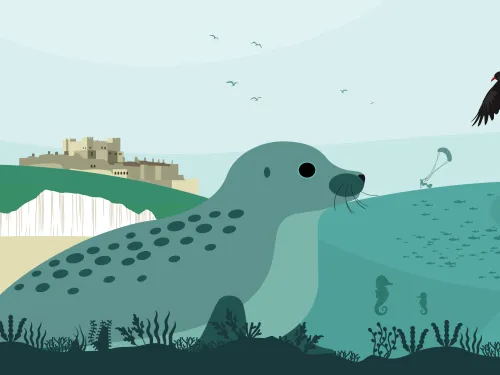
Adonis Blue Environmental Consultants (ABEC) is a part of the wider Kent Wildlife Trust Group. This National Marine Week, let's explore what the ABEC Coastal Explorer Interns have been up to in their first month with us!
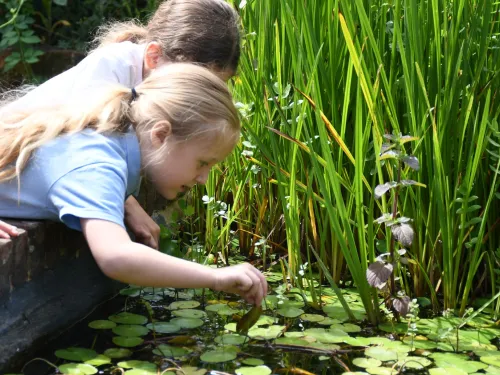
At Kent Wildlife Trust, we are working hard to create a Wilder Kent, but this isn’t something we can do alone. That’s why Goal 2 of our Wilder Kent 2030 strategy is to Inspire and Collaborate: working with people and communities across Kent to take meaningful action for nature, now and in the future. Our education work lies at the very heart of this goal.
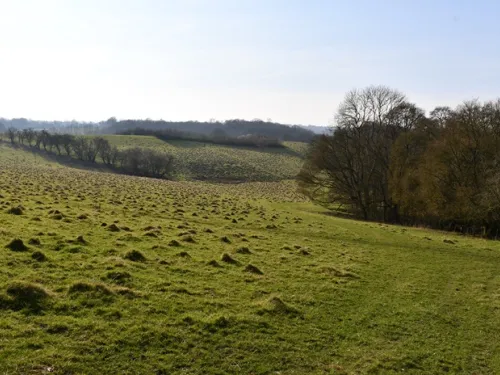
Within the landscape around Lamberhurst, Furnace Farm and Scotney Castle stand out as two areas where Kent Wildlife Trust (KWT) is making a real difference. Furnace Farm is a former intensively managed farm, now moving toward a haven for wildlife and the grounds of Scotney Castle are managed by KWT using some of our cattle. This joined up landscape approach is hugely important for wildlife, offering corridors and refuges in a landscape that isn’t always favourable. Now there is an incredible opportunity to expand this landscape even further.
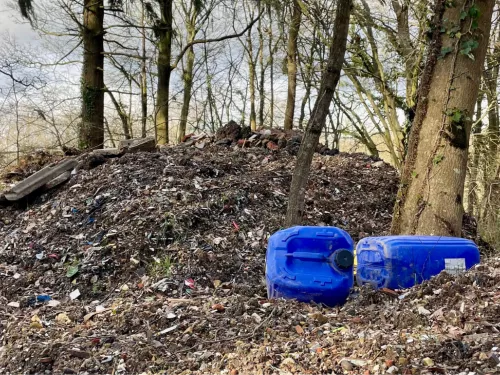
Conservationists say they welcome the government’s announcement around tougher penalties for fly-tipping, but a co-ordinated approach is needed to tackle the root of the problem.
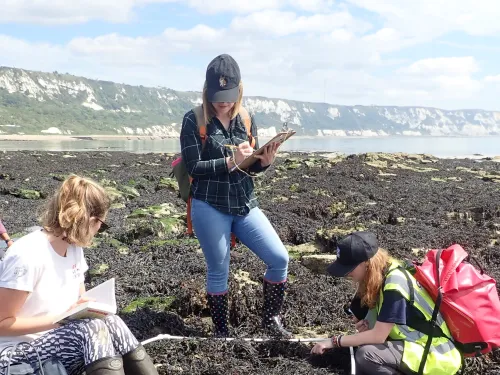
Are you a citizen scientist without realising it?